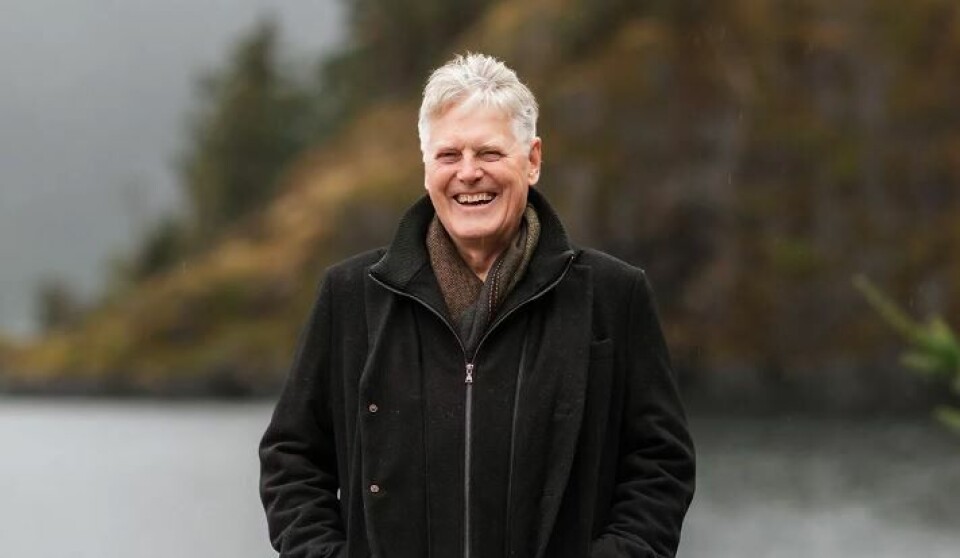
BC transition can't be done in five years, says land-based farm developer
Federal government's haste will harm my sector too, warns company president
The president of a company developing a land-based steelhead trout farm in British Columbia says the federal government’s demand that the province’s net pen salmon sector must transition to closed containment in five years cannot be met.
Gold River Aquafarms (GRA) co-founder Robert Walker also warned that the uncertainty of the process would drive away many staff and suppliers before the transition deadline of June 30, 2029, which would in turn harm the growth of land-based farms.
Walker, whose company has ambitions to grow 15,000 tonnes of steelhead per year in a patented raceway system in buildings on the site of a former pulp mill at Gold River, Vancouver Island, issued his warning in a post on LinkedIn.
He said the GRA
team had worked with controlled environment aquaculture systems since 1999, and
the company envisioned a future in which it continued to develop finfish
rearing systems that are environmentally responsible and economically feasible.
Net pen improvements
But he pointed out that net cage system improvements have all but eliminated escapes and large marine animal interactions, while feed and feeding systems, including the use of underwater cameras, had increased the growth rates and improved fish health.
Hatcheries had moved from flow-through systems to full recirculation of water, thus decreasing water use. They had also increased the size of the animals prior to moving to the ocean environment, so that the smaller fish have much higher survival rates.
“All fish that are introduced are disease free, and most are vaccinated against the typical pathogens found in ocean waters,” he added.
Predictable but complex
He said GRA preferred controlled environment aquaculture because it offered advantages over the unpredictability of farming in the sea, which now include the problems caused by climate change. But land-based fish farming was not without its own challenges, and were extremely complex.
“Looking forward, we do believe that industry uptake of land-based systems is inevitable,” wrote Walker.
“However, there are many challenges to be addressed: access to sites that have electricity, water, and acceptable location; lack of skilled employees; regulatory uncertainty; and enough hydro power are some of the major issues.
“The transition from net cage operations to controlled environment farms will take time, certainly more than the five years allotted by the recent Ministerial decision. In the meantime, the uncertainty of how the transition is to take place will drive away much of the existing industry – staff will leave for work that is more stable; supporting industries will find other areas of focus; and farmers will not be able to plan cohort entries.
“The collapse of the net cage sector will be harmful towards the nascent land-based sector because the supporting industry infrastructure will not be there.”



























































